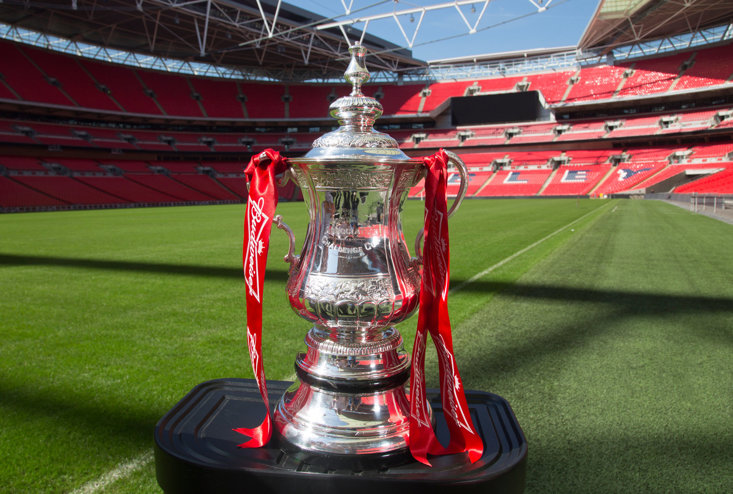On July 20, 1871 at the offices of The Sportsman newspaper in London, the FA Cup was created and the greatest knockout competition football has ever seen, which would pit the great and good of the game with the sport’s more humble heroes, was born.
The competition was the brainchild of Charles W. Alcock, the Secretary of The Football Association who had drawn upon his experience of playing inter-house tournaments during his time at Harrow and believed the excitement and drama he had enjoyed as a student should be experienced by everyone.
The FA had only been in existence since 1863 following the creation of what is widely recognised as the world’s first football club, Sheffield FC in 1857, which brought with it a surge of enthusiasm for the game and a glut of newly formed clubs from across the country in the years that followed.
Alcock was a player, a referee, an administrator and a committee member as well as a journalist who had captained England before becoming secretary of the Football Association and of Surrey County Cricket Club at the same time and still turned out for Wanderers Football Club.
So at a Football Association meeting at the offices of The Sportsman newspaper in Boy Court, Ludgate Hill, during the summer of 1871, Alcock put his idea for a new competition to his fellow members: “It is desirable that a Challenge Cup should be established in connection with the Association for which all clubs belonging to the Association should be invited to compete,” he proposed.
The motion was passed while a set of rules was drawn up and invitations issued to the FA’s 50 member clubs, though just 15 responded and had their entries accepted to the first competition. They were: Barnes, Civil Service, Clapham Rovers, Crystal Palace, Hitchin, Maidenhead, Marlow, Queen’s Park (Glasgow), Donington Grammar School (Spalding), Hampstead Heathens, Harrow Chequers, Reigate Priory, Royal Engineers, Upton Park and the Wanderers.

The clubs were asked to contribute towards the cost of a new trophy worthy of this landmark competition and Martin, Hall and Company duly designed and crafted a heavily embossed silver cup which stood around 18 inches high, with two curved handles and the figure of a player on its lid to the value of £20 which soon became the most coveted prize in the game.
Following a number of withdrawals only 13 clubs eventually took part in a competition which consisted of just a handful of fixtures after several pulled-out without playing a game, the first round of matches taking place on 11 November 1871 with the final being held at Kennington Oval on 16 March 1872.
The showpiece was contested between the Royal Engineers and Wanderers FC who boasted a certain Charles W. Alcock in their ranks with the man who had done so much to champion the tournament eventually ending up on the winning side as a crowd of around 2,000 paid a shilling each to watch a game that took place on a cricket pitch with no goal nets.
Like football itself, in subsequent years the FA Cup’s appeal grew massively as clubs up and down the country, both large and small, clamoured to be part of the world’s first and most popular knockout competition which for many of those fortunate enough to have won it remains the pinnacle of their career.
As it reaches its 150th birthday, the FA Cup has epitomised everything that is great about the game, initially bringing together the elite of Victorian society with those less lofty and even today still provides the opportunity for window cleaners, bank workers and taxi drivers to rub shoulders with the game’s greats on the biggest stage imaginable in what is still regarded as the greatest knockout competition in world football.